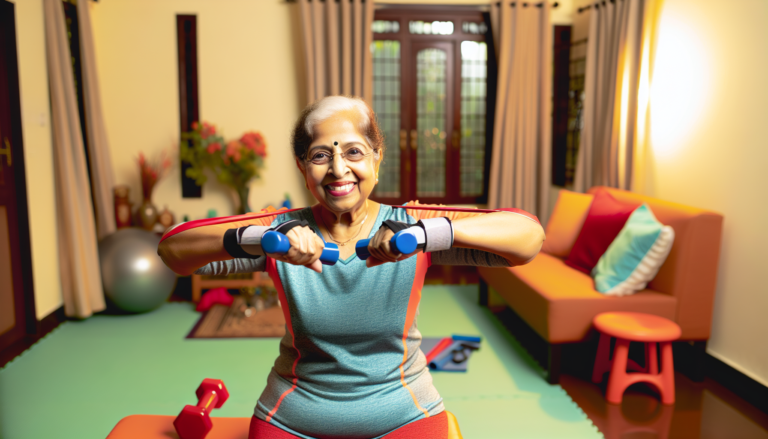Exploring Non-Medical Home Health Care Services: A Comprehensive Guide
When the term “home health care” is mentioned, most people instantly relate it to medical care—nursing services, physical therapy, and medical social work. However, an essential component of home health care often overlooked is non-medical care. Non-medical home care services contribute significantly to a patient’s comfort, safety, and wellbeing.
Non-medical home health care includes a range of services provided in the comfort of a patient’s home, assisting them with daily activities and overall lifestyle management. These services are aimed at enhancing the patient’s quality of life and reducing the burden of caregivers. Whether it’s helping with personal grooming, meal preparation, or companionship, non-medical home care indeed plays a fundamental role in successful home health care.
What Does Non-Medical Home Health Care Entail?
Unlike medical care, non-medical care does not involve any medical treatments or therapies. Instead, it supports the activities of daily living (ADLs) and instrumental activities of daily living (IADLs). ADLs include self-care activities like bathing, dressing, toileting, eating. On the other hand, IADLs are those necessary for independent living but not strictly related to a person’s biological needs, such as housekeeping, preparing meals, shopping, and managing finances.
The Importance of Non-Medical Home Health Care
Non-medical care providers significantly contribute to the physical and emotional wellbeing of patients, especially for those dealing with chronic illness or recovery from surgery. They offer companionship, contributing to the patient’s emotional wellbeing and mental health. Regular interaction can help combat feelings of loneliness and isolation common among individuals with reduced mobility.
Moreover, these services ensure the safety of the patient. In an environment that is appropriately monitored and controlled, risks such as falls, medication mix-ups, or nutrition deficiencies can be minimized. Regular supervision becomes particularly vital when patients have cognitive impairments, such as dementia or Alzheimer’s.
Choosing a Non-Medical Home Health Care Provider
Choosing a home-care provider requires careful consideration and research. Key factors to consider include the range of services, the provider’s reputation, the compatibility between the caregiver and the patient, and of course, the cost. Always ensure to ask for references and review feedback from other clients to get a better idea of their experience. Remember, at the end of the day, the important thing is that your loved one feels comfortable and safe with the chosen provider.
In Conclusion
Home health care is not just about medical treatments and therapies; it’s about creating an environment conducive to recovery and quality life. Non-medical home health care services play a quintessential role in fostering this environment. By making day-to-day tasks manageable, they contribute significantly towards patients’ overall wellness and are truly the unsung heroes of the home health care sector.
Relevant Keywords:
- Non-Medical Home Health Care
- Activities of Daily Living (ADLs)
- Instrumental Activities of Daily Living (IADLs)
- Home-care provider
- Chronic illness
- Recovery



